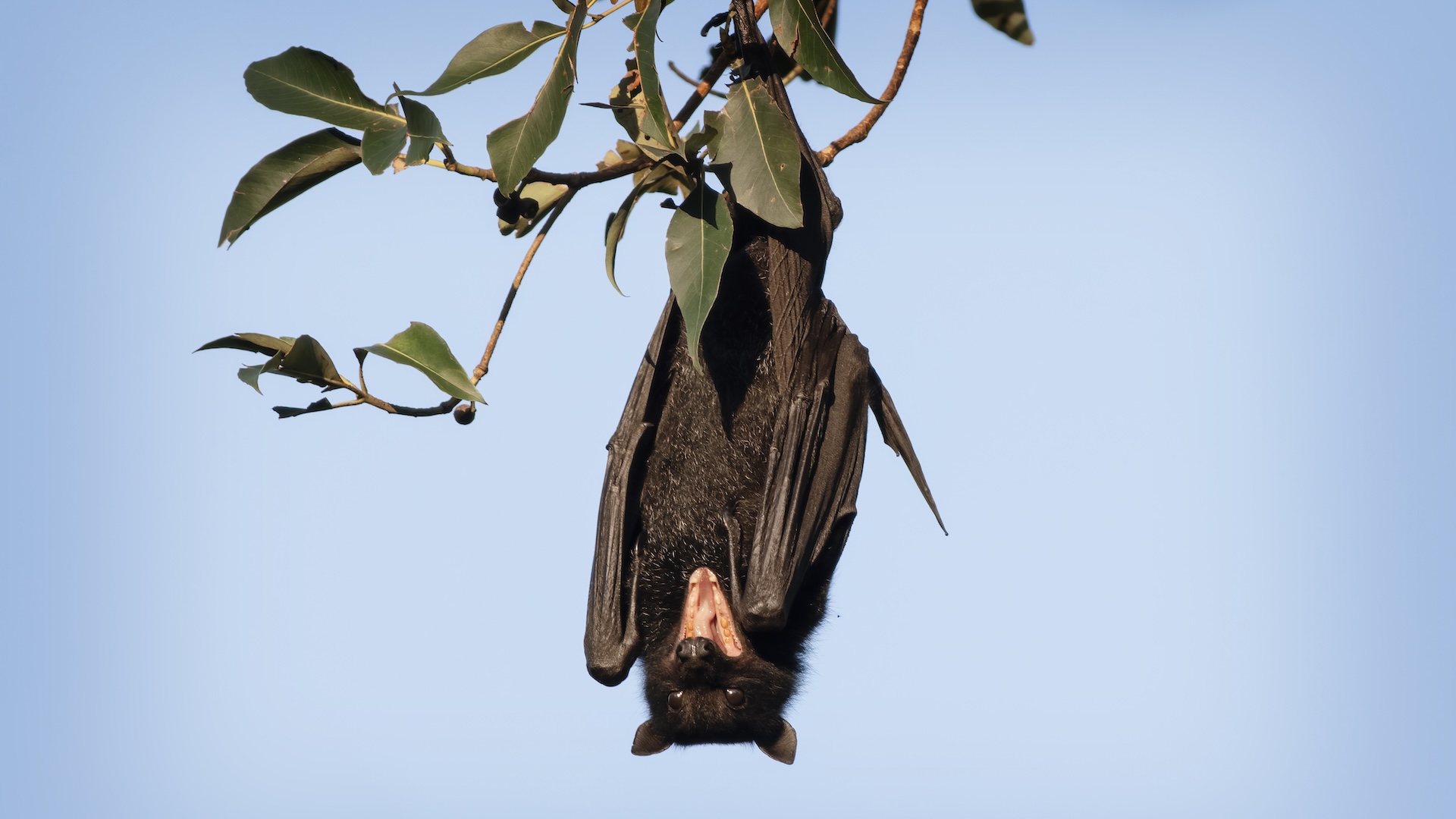Man in Australia dies of rare, rabies-like disease
A man in New South Wales was exposed to a rare relative of the rabies virus and died of the resulting infection. His was only the fourth case of the disease ever documented.

Get the world’s most fascinating discoveries delivered straight to your inbox.
You are now subscribed
Your newsletter sign-up was successful
Want to add more newsletters?

Delivered Daily
Daily Newsletter
Sign up for the latest discoveries, groundbreaking research and fascinating breakthroughs that impact you and the wider world direct to your inbox.

Once a week
Life's Little Mysteries
Feed your curiosity with an exclusive mystery every week, solved with science and delivered direct to your inbox before it's seen anywhere else.

Once a week
How It Works
Sign up to our free science & technology newsletter for your weekly fix of fascinating articles, quick quizzes, amazing images, and more

Delivered daily
Space.com Newsletter
Breaking space news, the latest updates on rocket launches, skywatching events and more!

Once a month
Watch This Space
Sign up to our monthly entertainment newsletter to keep up with all our coverage of the latest sci-fi and space movies, tv shows, games and books.

Once a week
Night Sky This Week
Discover this week's must-see night sky events, moon phases, and stunning astrophotos. Sign up for our skywatching newsletter and explore the universe with us!
Join the club
Get full access to premium articles, exclusive features and a growing list of member rewards.
A man in New South Wales (NSW) caught the state's first known case of Australian bat lyssavirus (ABLV), a rabies-like infection that can't be treated once symptoms appear. It was the fourth human case of the infection ever documented.
The man, who was in his 50s and from northern NSW, was in critical condition and being treated at a hospital on July 2, when NSW Health issued a statement about his case. The next day, the health department announced that the man had died.
"We express our sincere condolences to the man's family and friends for their tragic loss," an NSW Health spokesperson said July 3, according to The Australian.
Like the rabies virus, ABLV belongs to a genus of viruses called Lyssavirus. "All Lyssavirus species have the potential to cause rabies disease in people, but rabies virus is by far the most common cause," the U.S. Centers for Disease Control and Prevention notes. After exposure but prior to symptoms setting in, ABLV can be treated in the same way as rabies — namely, with rapid wound care and the administration of antibodies and vaccines.
Compared with rabies, ABLV infections are considered very rare. Since the virus was first identified in 1996, only four cases of human infection — including the recent one in NSW — have been documented in Australia, and none have occurred elsewhere.
ABLV is transmitted from living bats to humans, typically through bites or scratches from the animal. In the man's case, he had "been bitten by a bat several months ago and received treatment following the injury," Keira Glasgow, a director in health protection at NSW Health, said in the statement. The statement did not specify the exact nature of the treatments provided.
Get the world’s most fascinating discoveries delivered straight to your inbox.
"Further investigation is underway to understand whether other exposures or factors played a role in his illness," Glasgow added.
In Australia, direct evidence of ABLV has been found in flying foxes and insect-eating microbats. But NSW Health warned that any bat could potentially carry the germ.
The public is advised to avoid touching or handling bats at all. "Only people who have been vaccinated against rabies and who are trained in handling bats should ever handle bats or flying foxes," the department cautioned.
In general, if a bat bites or scratches a person, they should take these steps: Wash the wound with soap within 15 minutes, apply an antiseptic that kills viruses, and seek immediate medical attention, the department advises. Antibodies against rabies and a rabies vaccine would then be given, which can prevent rabies and other Lyssavirus-related illnesses if symptoms have not yet emerged.
Once symptoms of ABLV set in, though, "sadly there is no effective treatment," Glasgow said.
Early symptoms of ABLV infection resemble those of rabies and include flu-like symptoms of headache, fever and fatigue. The infection then rapidly progresses to affect the central nervous system, triggering paralysis, delirium, convulsions and death, typically within a few weeks of symptom onset.
Rabies and ABLV infections have "shown a wide variability in the time it takes for symptoms to appear following exposure to an infected animal (from several days to several years)," NSW Health noted.
This article is for informational purposes only and is not meant to offer medical advice.

Nicoletta Lanese is the health channel editor at Live Science and was previously a news editor and staff writer at the site. She holds a graduate certificate in science communication from UC Santa Cruz and degrees in neuroscience and dance from the University of Florida. Her work has appeared in The Scientist, Science News, the Mercury News, Mongabay and Stanford Medicine Magazine, among other outlets. Based in NYC, she also remains heavily involved in dance and performs in local choreographers' work.
You must confirm your public display name before commenting
Please logout and then login again, you will then be prompted to enter your display name.
 Live Science Plus
Live Science Plus










